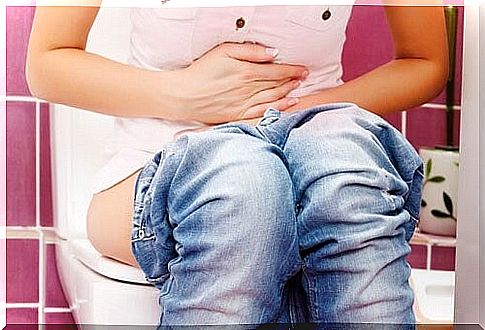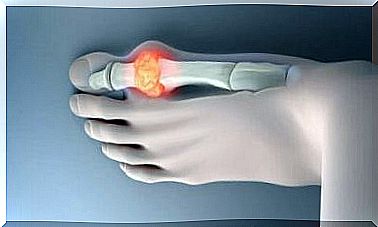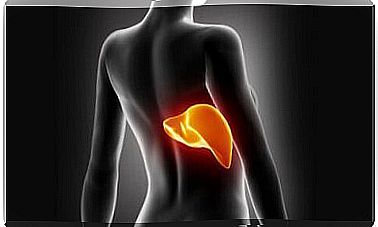Seven Early Signs Of Colon Cancer That You Should Not Ignore

Colon cancer develops when the intestinal cells grow uncontrollably and as a result lumps form in the lining of the large intestine. Like other cancers, colon cancer can attack the body quickly and cause a lot of trouble. It is a very serious disease and the chance of developing this cancer is higher if you already have a colon polyp, if you have a family history of colon cancer or if you have ulcerative colitis.
Early detection and proper medical treatment of this disease can significantly increase the chance of survival. That is why it is so important to pay close attention to possible early symptoms of colon cancer. But of course also make an appointment with the doctor immediately if you suspect that something is wrong. Or because you are concerned.
Let’s take a look at which seven symptoms you should especially pay attention to.
1. Changes in bowel habits

Both constipation and diarrhea can be linked to abnormalities in the intestinal cells. An incomplete bowel movement, faecal incontinence or very loose stools are usually reasons enough to consult an expert. While bad habits or other conditions usually cause these symptoms, it’s important to consider them as possible risk factors for this cancer.
2. Blood in the stool and colon cancer
According to the Cleveland Clinic, the presence of blood in the stool is one of the main signs of colon cancer. While there are also multiple digestive disorders that can cause this symptom, blood in the stool could also indicate tumors in the colon.
In addition, this symptom often occurs in people who have a higher risk of diseases such as:
- Gastritis
- Ulcerative Colitis
- Crohn’s disease
- Chronic Constipation
3. Anemia

Anemia is a condition caused when there are fewer red blood cells in the body. Red blood cells ensure that all cells in the body are supplied with oxygen. People who often suffer from anemia regularly experience intense periods of fatigue and weakness. This is true even when they have slept well and are on a healthy diet.
On the one hand, genetic factors, the wrong diet or a lot of blood loss can cause anemia. On the other hand, it is important not to forget that colon cancer can also be one of the causes.
4. Abdominal Pain
It is quite difficult to recognize abdominal pain as one of the early signs of colon cancer, as this problem is usually caused by indigestion or other stomach disorders. However, if you regularly experience inexplicable abdominal pain, it is important to consult a professional to thoroughly analyze the problem.
The fact that this pain comes on suddenly could indicate that something is affecting the intestinal environment. Also, abdominal pain can indicate a change in the intestinal flora or be a sign that the cells in this part of the body are growing excessively.
5. Sudden Weight Loss

Of course, hardly anyone has anything against losing a few pounds just like that. However, most people lose weight by following a healthy diet and exercising regularly.
If weight loss comes on suddenly and effortlessly, it almost always points to some kind of illness. In the case of colon cancer, your appetite may decrease and you may naturally suffer from nutritional deficiencies as a result.
6. Vomiting
Vomiting caused by indigestion or digestive problems is quite normal and usually goes away quickly. However, if it becomes a recurring and involuntary symptom or occurs for no apparent reason, this may be cause for concern.
While a slew of other health problems can also cause this symptom, colon cancer is often the culprit. This is because colon cancer causes intestinal cells to behave abnormally.
Continuous vomiting eventually leads to dehydration, fatigue and high acidity.
7. Excess Gut Gas

Excess gas in the colon is caused by the changes that occur in the intestinal flora as a result of the development of colon cancer.
This too, of course, is a symptom that can be associated with other changes in the body. This is because gas can also be caused by eating certain foods, common conditions and unhealthy habits.
Knowing how to recognize these symptoms yourself and how to determine how often they occur is essential to be able to detect this disease in time. If you suffer from two or more of these symptoms at the same time, this is reason enough to request the appropriate medical examinations.









